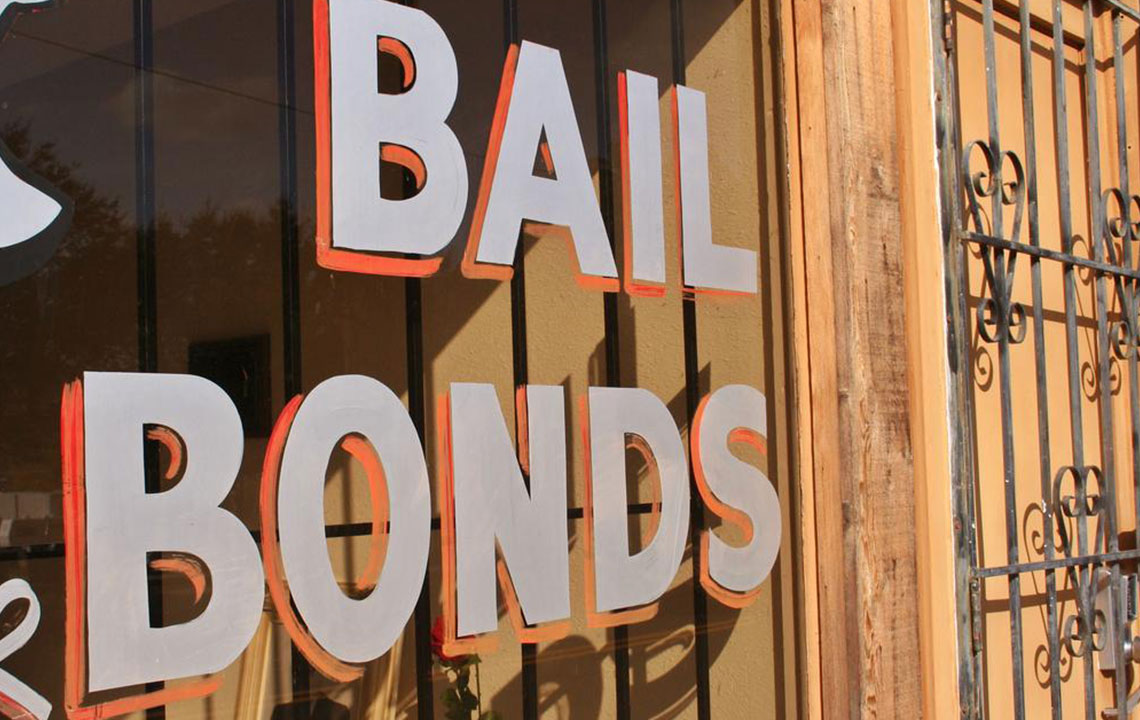Bail bonds – Here’s what you need to be aware of
A popular word often tossed in heated newsroom debates as well as favorite courtroom dramas, “bail” is a term that baffles many in reality. To put it simply, a critical part of legal proceedings, bail is an amount that is imposed on the defendant by the court so that they can be released from jail. Basically, bail money acts as a guarantee that the defendant will appear in the court for future hearings. The court returns this money to the defendant after the case is closed.
Cash and bonds are two types of bails. The former requires the defendant to pay the money in cash.

Usually, bail bond agencies charge a 10% fee of the total bail amount and cover the outstanding balance for the defendant. An agreement is also drafted to ensure that the defendant makes it to the court for every hearing.
The court and bail bond agency set some ground rules in exchange of bail. First, the defendant has to appear in the court for future proceedings. Similarly, a defendant isn’t in the position to violate any other laws before the case is over. If the stated terms are not honored, then the court will cancel the bail and issue an arrest warrant immediately.
Like the court, the bail bond agency will instruct the defendant to surrender their collateral temporarily if they don’t show up for the hearings. Likewise, in case, the defendant absconds, the agency will have all the legal rights to track them down. If the defendant doesn’t show up for the next six months then they will be accountable to pay the entire bail money.

